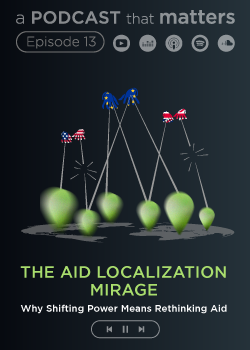Print

Air Quality Information Services: AQUISS
Details
Locations:Germany
Start Date:Jun 1, 2016
End Date:Feb 28, 2017
Contract value: EUR 71,429
Sectors: Environment & NRM, Science & Innovation
Description
Programme(s): H2020-EU.3.6. - SOCIETAL CHALLENGES - Europe In A Changing World - Inclusive, Innovative And Reflective Societies
H2020-EU.2.3.1. - Mainstreaming SME support, especially through a dedicated instrument
Topic(s): INSO-10-2015-1 - SME business model innovation
Call for proposal: H2020-SMEINST-1-2015
Funding Scheme: SME-1 - SME instrument phase 1
Grant agreement ID: 717493
Objective: Over 70% of the European population lives in cities and this percentage grows over time. Air pollution is a threat to health and many cities do not satisfy regulatory requirements of sufficiently clean air. Air quality (AQ) forecasts with high spatial resolution usable at city level are an important component to cope with this global challenge. Today such forecasts are only available using expensive dispersion models, too complex to be operated by many city authorities and similar non-scientific users. Major obstacles are high cost and intricacies of daily operation.
The AQUISS innovation idea is to offer a service which delivers EU-wide AQ data (including forecasts) for urban users sufficiently accurate for practical applications but avoiding the use of complex dispersion models. For this purpose existing methods of spatial statistics are used to enrich two existing EU-wide data resources: Airbase (European Environment Agency) and CAMS (Copernicus).
Users are city councils, media (e.g. local radio stations), weather services and value-adding SME’s, who want to use AQ forecasts in their business without operating complex modelling services themselves. Service delivery will be in a cloud-based fashion, making it significantly simpler than today and using new business models. The commercial potential is up to several hundred users in Europe.
All elements of the business idea exist at TRL7-9. The technical innovation is to combine existing EU-wide AQ data sources with statistical methods to provide high resolution forecasts. Innovation in service delivery is to use a cloud-environment relieving users from daily operation and offering interfaces for value-adding third parties.
The project concentrates on the feasibility assessment of the business model, potential licensing schemes for different customers and practical viability of the innovation idea. If phase 1 turns out realistic results regarding this viability, phase 2 or third party funding will be sought.

